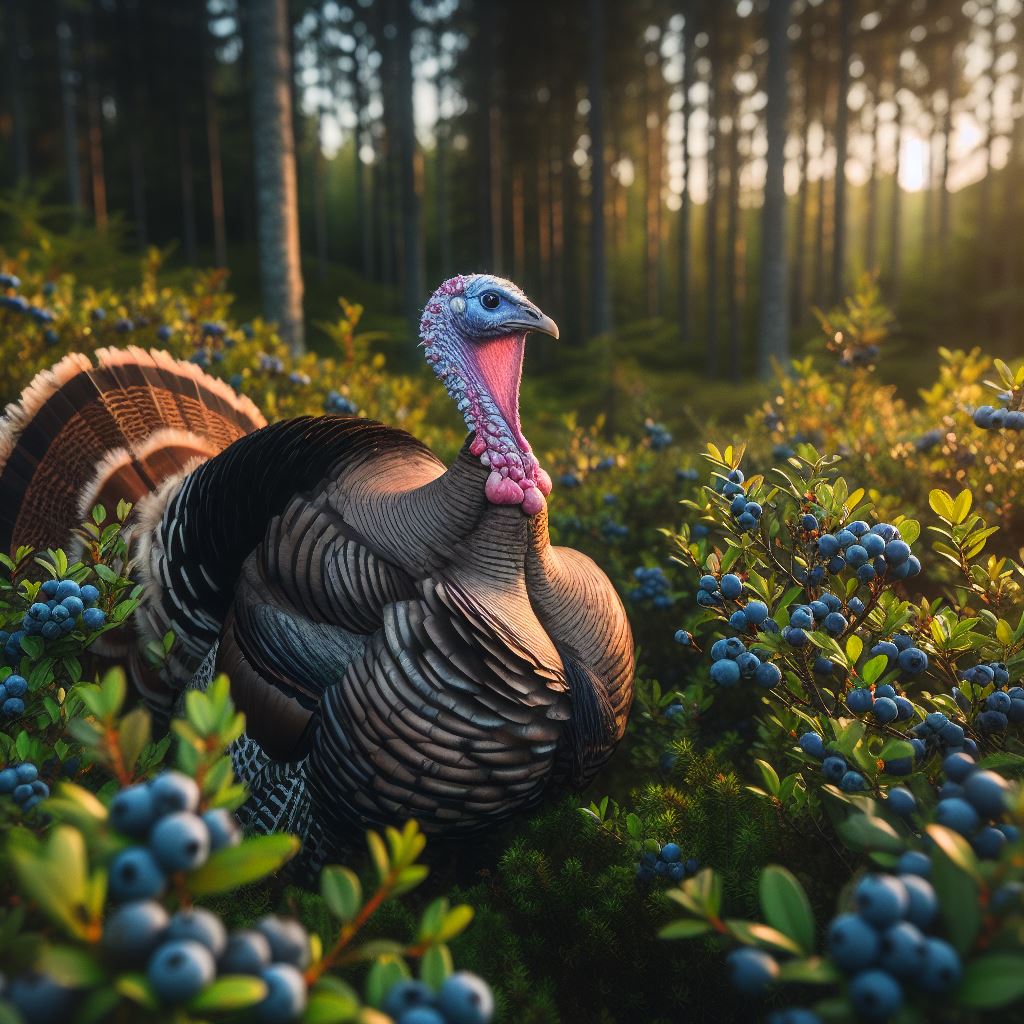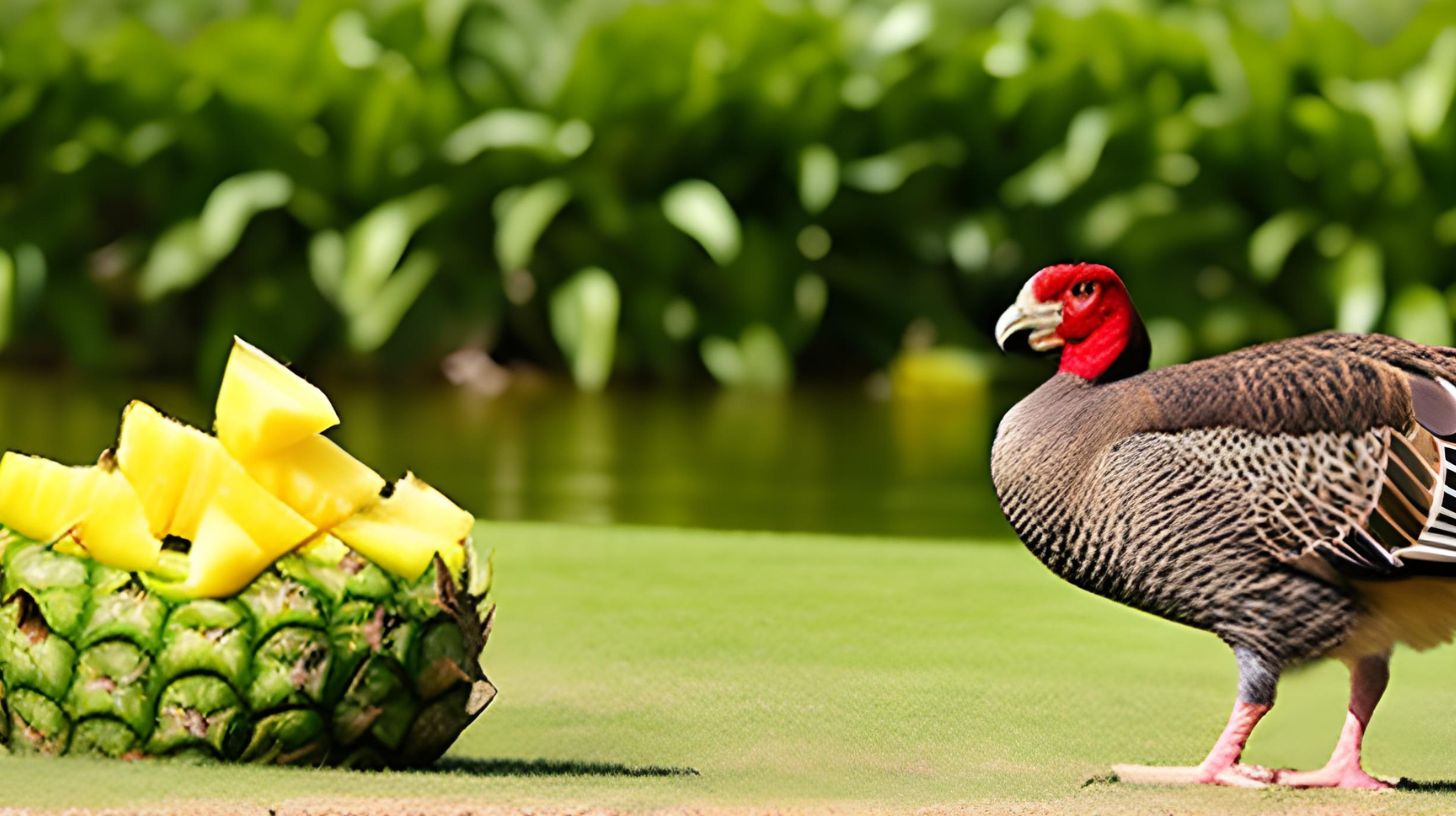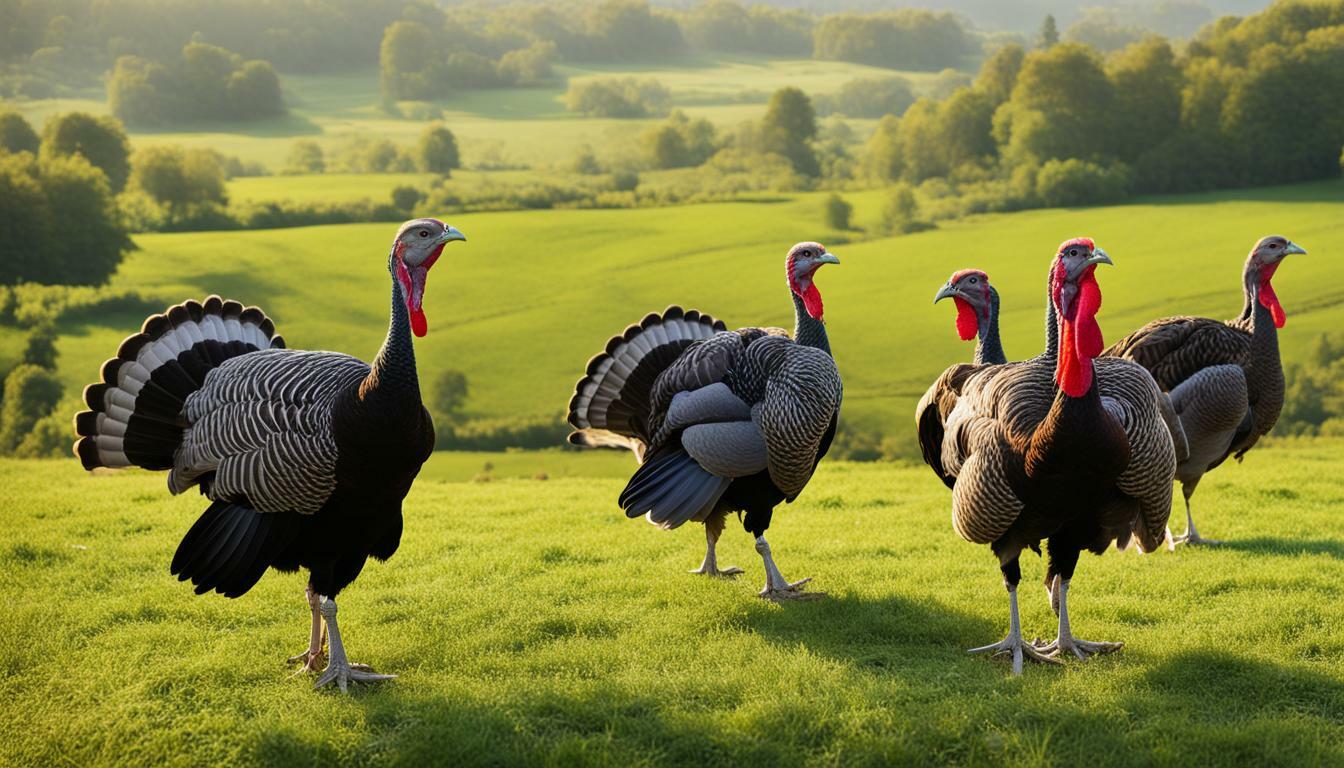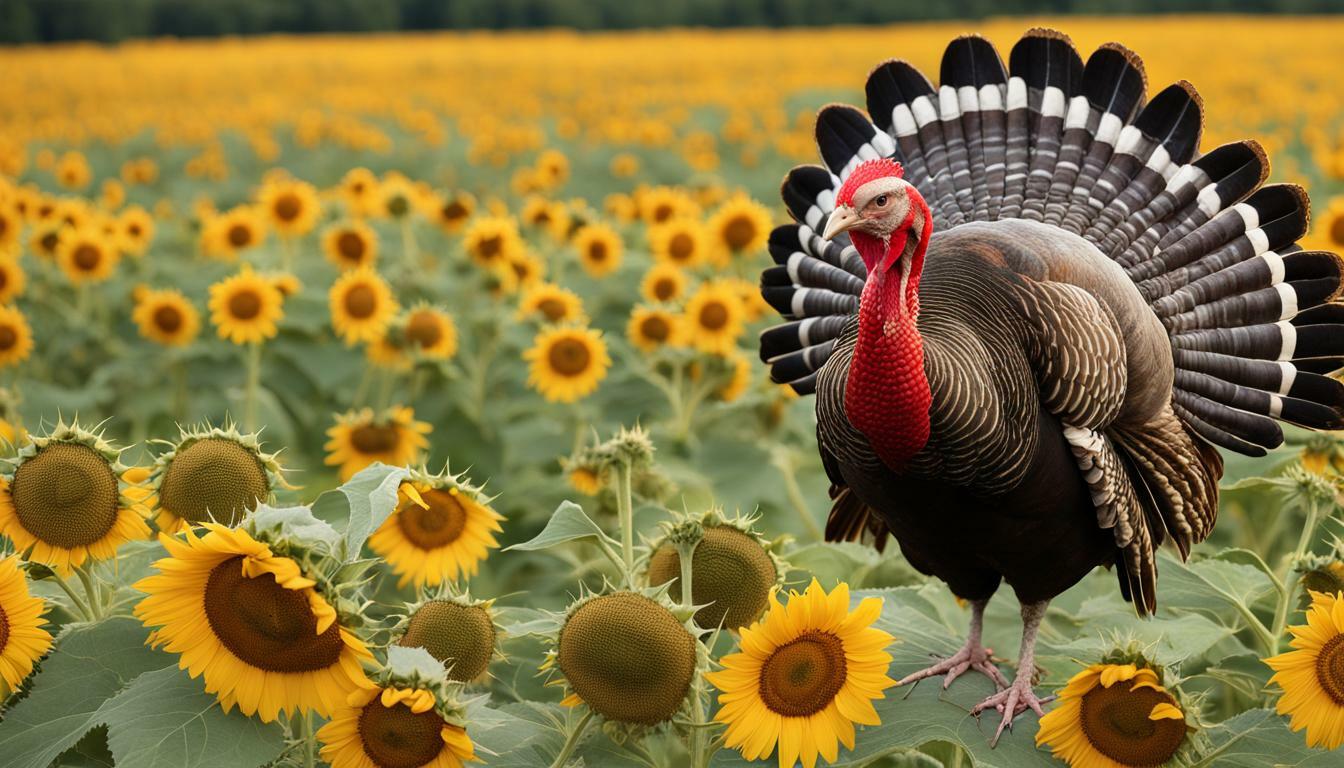Do Turkeys Gobble at Night? Uncover the Truth Now!

Table of content:
Turkeys are known for their distinct gobbling sounds. But do turkeys actually gobble at night? The answer is yes, turkeys do sometimes gobble after dark.
Gobbling is part of the turkey’s daily rhythms and behaviors. Their vocalizations serve important purposes like declaring territory and attracting mates. Toms and hens both gobble, though the males do so much more frequently.
Understanding turkey gobbling patterns provides insights into the bird’s fascinating behaviors and biology. In this article, we’ll explore why these iconic birds call after the sun goes down.
Why Do Turkeys Gobble at Night?
Turkeys gobble at night for several key reasons:
- Roosting – Turkeys gobble when settling in to roost in trees at night.
- Circadian rhythms – Gobbling is tied to daily cycles of activity and rest.
- territories – Night gobbling marks mating areas.
- Predator defense – Loud calls may scare off predators.
- Weather conditions like rain may stimulate night gobbling.
Next, let’s look at each of these factors in more detail.
Roosting Behavior
Wild turkeys have a very predictable daily routine. They spend their days foraging in flocks. Then, at dusk they make their way to traditional roost sites.
Roosting spots are usually tall trees that provide safety from predators. Turkeys fly up to sturdy branches where they’ll spend the night.
Just before settling in, the birds utter excited yelps and gobbles. This roosting chatter communicates their location to other members of the flock.
So the turkeys are vocalizing to essentially say “here’s where we’re bedding down tonight!”
Circadian Rhythms
A turkey’s internal clock strongly governs its behavior patterns. Like most animals turkeys are diurnal, meaning their natural cycles align with the daily light-dark cycle.
Gobbling tends to peak at two key times: early morning when the birds awaken and evening when they roost. So this vocalization is closely tied to circadian transitions.
In particular, gobbling helps signal the shift from daytime activity to nighttime rest. As light fades, it’s as if the turkeys are vocally preparing for slumber.
Their rhythmic biological clock is so precise, that wild turkeys will follow these patterns even in captivity when food is plentiful. Their instinctive behaviors are deeply ingrained.
Declaring Territory
For male turkeys, gobbling serves another important purpose – marking their domain.
In spring, gobbling reaches a fevered pitch as breeding season commences. Dominant toms are eager to warn competing males away from their turf.
Night gobbling is a strategy to cover more ground. Their calls can be heard far and wide in the quiet darkness. This allows males to loudly declare “this area is my territory!”
By gobbling from their roosts, toms can acoustically mark a wide swath of land. Their nighttime vocalizations are territorial advertisements saying “keep out!”
Predator Defense
Turkeys also gobble at night to ward off predators.
Many predatory animals hunt under cover of darkness. For turkeys roosting in trees, threats include owls, raccoons, bobcats and coyotes.
Loud calls into the inky blackness may startle hungry predators. Gobbling could scare them away and alert the turkeys to danger.
So nighttime vocalizations help turkeys stay alert. Any strange sounds or movements will stimulate anxious gobbling. By being vocal, the birds also stay in touch with their flock.
Reaction to Weather
Sudden storms can also trigger nocturnal gobbling.
The turkeys become unsettled when heavy rain or wind lashes their roosts. Barometric pressure shifts during storms may further disorient them.
Gobbling helps the birds reconnect amid chaos and re-establish their positions. It serves as a kind of acoustic beacon to guide the flock.
So wet, noisy weather often translates to wet, noisy turkeys! Their nighttime chatter provides reassurance until the storm passes.
When Do Turkeys Gobble Most?
Turkeys gobble throughout the day and night. But research shows predictable daily peaks in vocal activity:
- Dawn – Most gobbling occurs near sunrise as the birds leave their roosts.
- Morning – After fly-down, some gobbling continues but decreases by late morning.
- Midday – Gobbling is limited during the heat of the day when turkeys are feeding.
- Evening – As the sun sets, gobbling escalates as the birds prepare to roost.
So the transition times of dawn and dusk see the most gobbling action. However, rain or disturbances can stimulate vocalizations at any time.
Do Hens Gobble at Night?
While the males are most vocal, hens sometimes gobble at night too.
You may hear a periodic cluck or soft yelp from a roosting female. But in general, the ladies aren’t as vocally showy as the gentlemen.
Their primary goal is safely settle in for the night. The males have more complex reasons for nocturnal gobbling related to their breeding behaviors.
However, a mother turkey defending her nest will loudly gobble at any nearby threat. Protecting her eggs overrides her usual reserved nature.
So hens do occasionally join in the overnight gobbling chorus, just not as frequently as the males. Their maternal instincts take priority over vocal displays.
Do Wild vs. Domestic Turkeys Gobble at Night?
Wild turkeys and domestic turkeys share the same core gobbling behaviors. That’s because they are actually the same species.
Centuries of selective breeding have shaped domestic turkeys to thrive on farms. But this hasn’t significantly altered their basic biology.
Both wild and domestic turkeys gobble with the most gusto around dawn and dusk. The difference is their motivation.
For wild turkeys, night gobbling marks territory and deters threats as part of survival. Domestic turkeys are more reacting more casually to roosting time and daily rhythms.
Their vocalizations are simply instinctive behaviors passed down from their wild ancestors.
Final Thoughts
In closing, turkey gobbling serves important communication purposes. Their intriguing vocalizations convey a surprising amount about turkey biology, behavior and evolution.
Next time you hear a mysterious gobble after dark, take a moment to appreciate these fascinating birds. Just don’t expect to get much sleep when turkeys are feeling chatty at night!
Welcome. I’m Adreena Shanum, the proud owner of this website, and I am incredibly passionate about animals, especially poultry. I founded adreenapets.com as a labor of love, stemming from my desire to share my knowledge and experiences with poultry enthusiasts worldwide.




